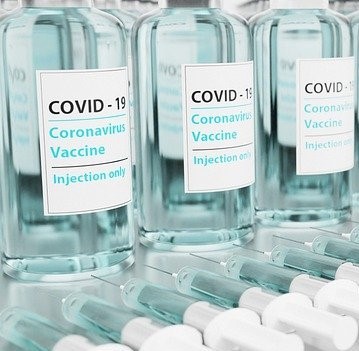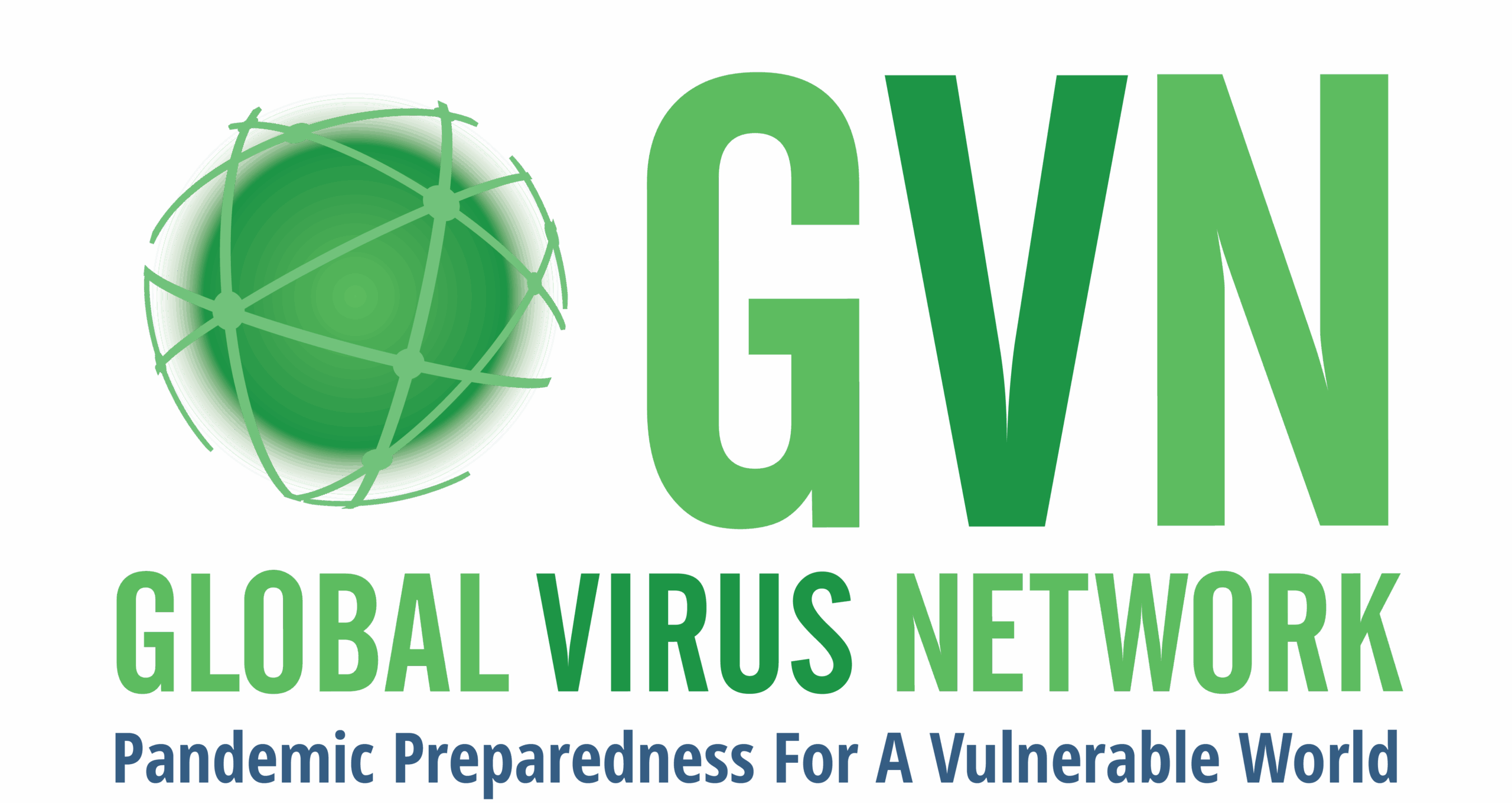Global Virus Network’s Position on the Administration of Booster Doses of the COVID-19 Vaccine
 Scientists from the Global Virus Network (GVN) centers have discussed the World Health Organization’s request for a moratorium on the administration of a booster, or a third dose of the COVID-19 mRNA vaccine for Pfizer or Moderna recipients, while many around the world have not yet received their initial immunizations. Considering the emerging variants of COVID-19, the GVN supports offering booster doses to better support fragile populations, such as the elderly and immunocompromised people. The GVN believes that all global nations need to clearly define their vaccination priorities and base their decisions on administering boosters on scientific data, versus politically driven sentiment.
Scientists from the Global Virus Network (GVN) centers have discussed the World Health Organization’s request for a moratorium on the administration of a booster, or a third dose of the COVID-19 mRNA vaccine for Pfizer or Moderna recipients, while many around the world have not yet received their initial immunizations. Considering the emerging variants of COVID-19, the GVN supports offering booster doses to better support fragile populations, such as the elderly and immunocompromised people. The GVN believes that all global nations need to clearly define their vaccination priorities and base their decisions on administering boosters on scientific data, versus politically driven sentiment.
GVN scientists believe that the best way to end the COVID-19 pandemic is through worldwide vaccination. GVN acknowledges that a systemic, collaborative effort has been challenging for many low- and middle-income countries currently facing very low vaccination rates, despite efforts by COVAX and other health organizations. At the same time, GVN believes it is reasonable, and in fact feasible, to meet both the global demand for vaccination and provide sustained protection to vulnerable individuals who have already achieved their first vaccination regimen.
COVID-19 mRNA vaccines continue to provide sufficient protection against severe disease of COVID-19 and mortality months after immunization, even against the current variants, but we already see clear trends emerging. There is a steady decline of COVID-19 antibodies being seen six months after the second dose and that high levels of neutralizing antibodies and good quality of memory B cells are be required to provide a lasting immunity and prevent the spread of the infection.
In fact, even countries with a very high rate of vaccination have not yet achieved herd immunity. Data is showing that even an 80% vaccination rate may not be sufficient against highly contagious variants, such as the Delta variant. Recent studies have shown breakthrough infections of the Delta variant in fully vaccinated people, who have been seen to share similar viral loads and contamination risks as unvaccinated individuals. As nations struggle to raise their vaccination rates and address their unvaccinated, GVN believes we must prepare for even more contagious variants by reinforcing the immunity of our fragile populations with booster vaccines. At this time, GVN recommends continuing to monitor the data to assess the need for boosters for other groups and populations.
The scientists of GVN will continue to stay tuned to developments of vaccines designed specifically for current variants, keeping in mind that the current vaccines do offer a level of cross-protection against the circulating variants and that the environment of one country should not be the basis of decisions being made for a different country’s population.
Thus, the GVN supports the move to create a strategy for booster doses that can help support fragile populations while maintaining the effort to vaccinate countries in need. GVN also recommends a stronger, international collaborative effort to share data so global leaders and politicians can better base their decisions on science, rather than sentiment.
